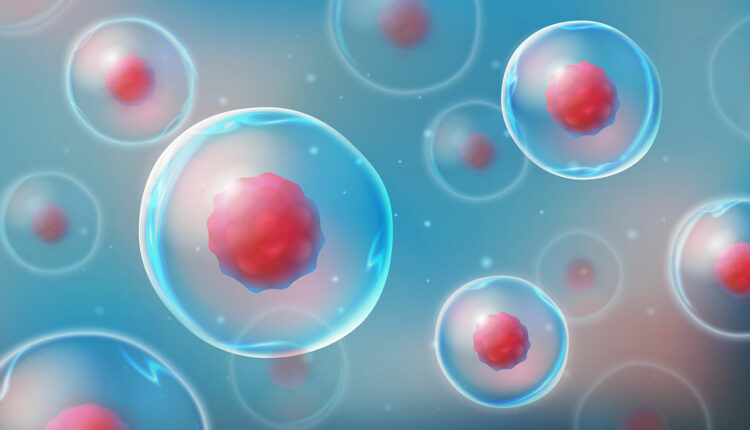
New Immune Therapy May Improve Treatment for Periodontal Diseases
Research from the University of Pittsburgh shows that targeting the immune system with CCL2-loaded microparticles can prevent and treat periodontal diseases by reducing bone loss and promoting repair. This innovative approach offers new hope for patients with aggressive forms of the disease that are resistant to traditional treatments.
Researchers at the University of Pittsburgh have developed an innovative immune therapy to address periodontal diseases. The study, published in the Proceedings of the National Academy of Sciences, demonstrates how microparticles containing CCL2, an immune-modulating compound, can inhibit bone loss and accelerate bone repair in a mouse model of PD. This marks a significant shift from traditional periodontal disease treatments that primarily target bacteria.
Led by Charles Sfeir, DDS, PhD, from Pitt’s School of Dental Medicine, and Steven Little, PhD, from the Swanson School of Engineering, the research team induced periodontal disease in mice by placing silk around their molars to promote bacterial accumulation and inflammation. They found that delivering CCL2 directly to the periodontal tissue, either during or after disease onset, reduced bone loss and enhanced bone regeneration. Furthermore, CCL2 therapy altered the behavior of macrophages — white blood cells responsible for controlling immune responses — and significantly reduced the abundance of bacteria typically associated with periodontal diseases.
Unlike conventional treatments, which focus solely on bacteria, this new approach also modulates the immune system, potentially preventing the disease from developing or halting its progression. According to Sfeir, this therapy could complement traditional treatments like prophylaxes, particularly for patients with aggressive forms of periodontal disease that do not respond well to current therapies. Click here to read more.

